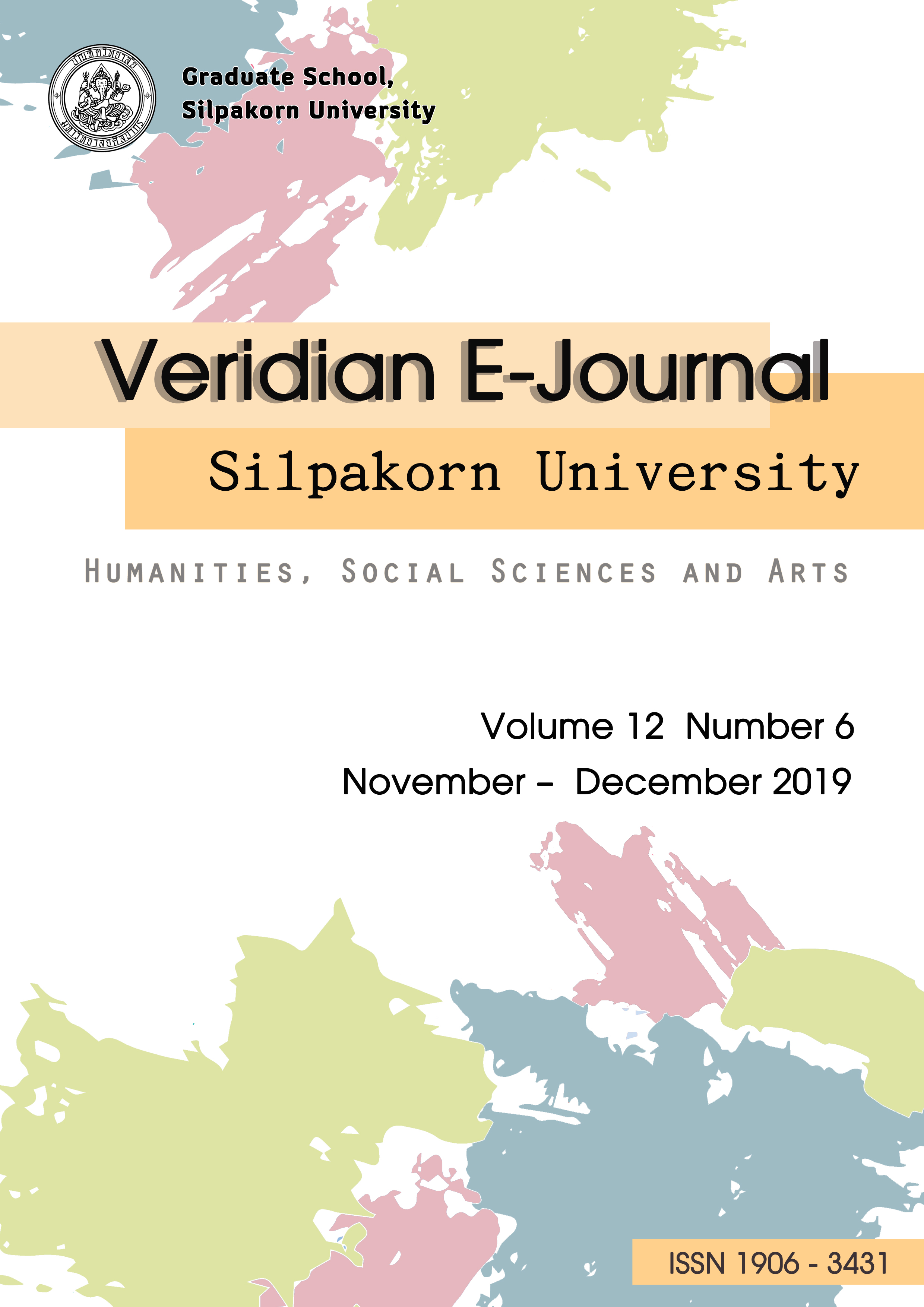PERSONAL LEARNING ENVIRONMENTS ENHANCE LANGUAGE LEARNERS TO ORGANIZE SELF-REGULATED LEARNING
Main Article Content
Abstract
Review of literature provides a conceptual framework of constructivism in education as well as a language pedagogy aspect based on the notion of the rhizome. This concept enables language learners to boost up decision-making power and offers them a vital opportunity for learning development. As the ubiquity of information technology, students can access online information via the Internet and various social networks. Many sources included in virtual learning platforms and social networking services are not adjusted to meet students’ requirements and/or to fit into any learning styles of each student. Those students need to have an ability to acquire, analyze and evaluate [academic] information. The purpose of the study was to examine English majors’ decision-making mechanism within their personal learning environments. To simplify this idea, this study intended to (1) analyze pathways of learning taken by EFL (English as a foreign language) learners as they navigate the Internet and/ or deal with other resources of academic learning; and (2) seek factors influencing the learner’s decision-making processes while undertaking learning tasks. English-major learners from one university in the south of Thailand were purposively selected. An online questionnaire surveyed with 65 valid responses and a semi-structured interview was conducted later (n=10). The survey consisted of seventeen questions and was used to collect the participants’ online information search strategies.
Findings in quantitative approach reported that the participants employed five strategies relating to decision-making mechanisms. Those strategies were reading for main ideas, trial-error, problem-solving, purposeful thinking, and evaluation. Besides, four emerging themes from qualitative approach were (1) research-based activities, (2) knowledgeable persons, (3) academic mindsets, and (4) freedom to learn. The findings of this study also provide valuable insights into fostering self-organized learning and reconfirm an idea of self-organized learning environment by connectivism.
